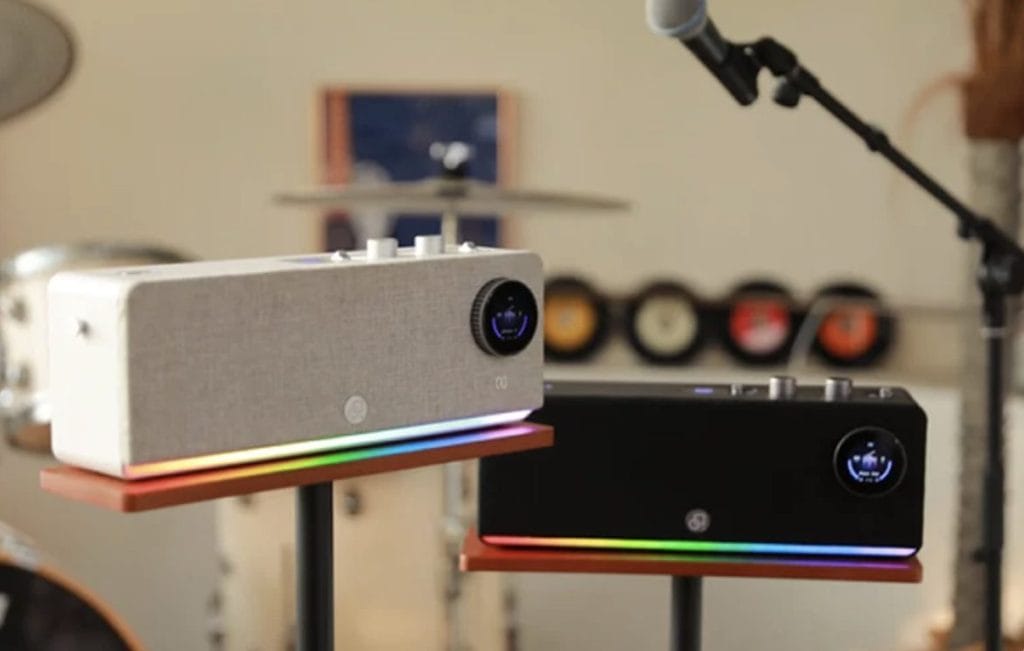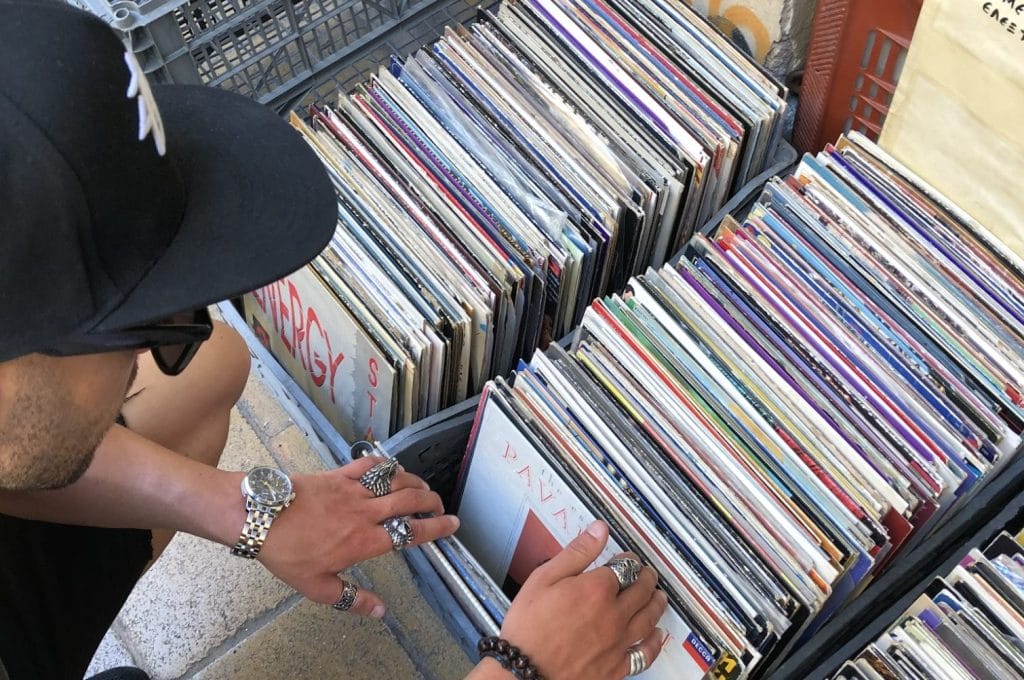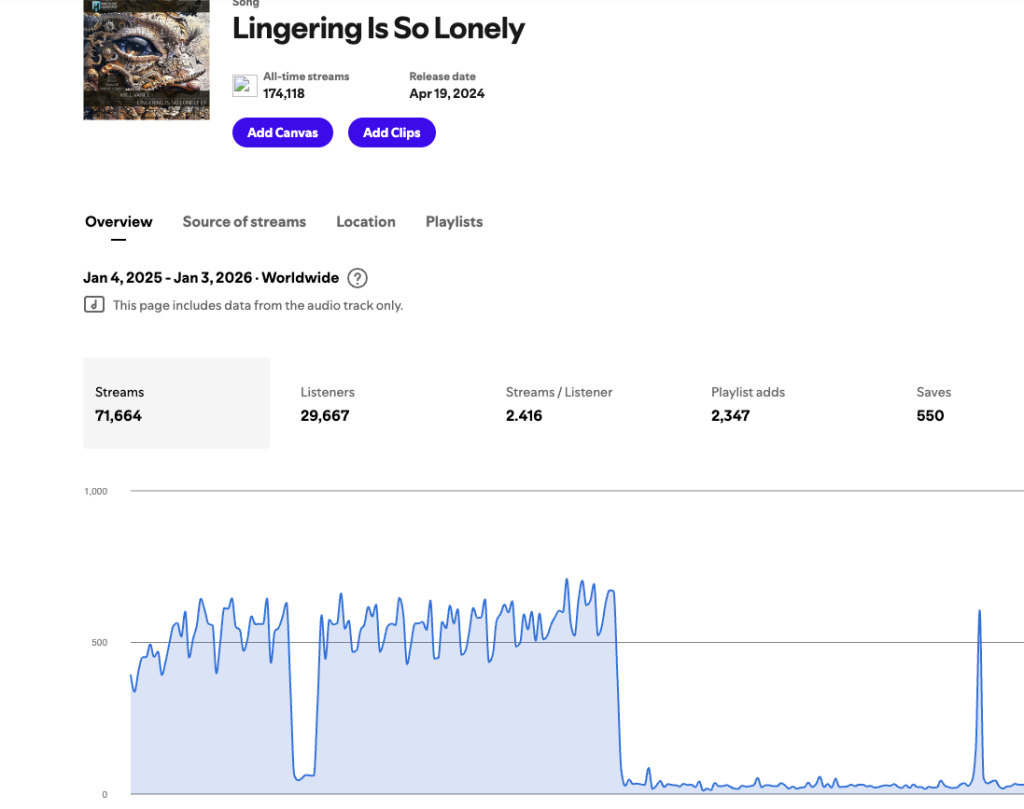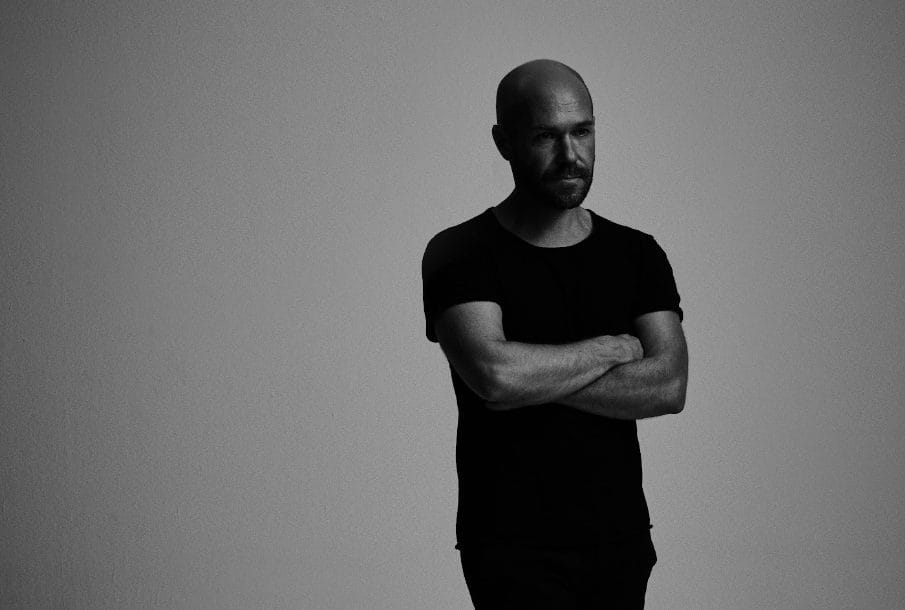Martin Roth has always operated a little outside the system, but his latest work feels even closer to the source.
With his Moving On EP landing May 27th on Anjunadeep — and a wave of analog-centered projects coming through his own Analog People imprint — he’s digging deeper into a more tactile, DAWless approach to production, trusting instinct over perfection.
In this conversation, Martin breaks down what that shift has meant for his process: reconnecting with the feeling of being a kid in front of a piano, letting curiosity lead instead of chasing trends, and why embracing imperfections isn’t a creative setback — it’s the whole point.
If you’ve ever wrestled with doubt, creative burnout, or staying true to your voice as you grow, this is a look inside how one of melodic house’s most quietly consistent names keeps the energy real, even as the landscape keeps shifting.
How does who you are shape how you create?
I’ve realized over the years that the way I create music is deeply tied to how I perceive the world and how I function day to day. I tended to overthink things in life, so in the studio, and so I consciously moved more and more toward simplicity and instinct — avoiding the screen, using tactile gear like Maschine+ or just one piece of hardware instrument playing with it and trying to reconnect with the feeling of being a curious kid in front of a piano.
That innocence, that unfiltered joy, is something I try to channel. The more I stay true to that state of mind, the more honest the music becomes. It forces clarity. Who I am — a bit nostalgic, curious, a little obsessive — shows up in every frequency, every silence, every imperfection.
What personal traits show up most in your music?
There’s always a sense of introspection in my tracks, often a melancholic thread too — even in more upbeat or club-focused music.
Reason is also that my early “rave-days” in the 90ties shaped my taste A LOT and I fancied always those trancy technoish music with melancholic chord progressions and vibes — this Frankfurt Sound established by those Labels like Eye Q Records, Harthouse or Superstition just to name a few. For me Electronic Music equals “Minor Key” — this is how I grew into it.
Curiosity is a big one too. That sense of play, of wanting to rediscover the feeling of being 16 years old in front of a synth for the first time, is still central to my process. And a love for subtlety. I’m more interested in evoking a feeling than impressing with production technique nowadays — the complete opposite to how I was approaching music still 5–10 years ago. My tracks are rarely in a rush — they breathe, they linger.
I think that reflects my tendency to observe more than speak, to listen more than perform.
And maybe patience. I let things take their time, both in the creative process and in life. I’ve learned that the best ideas often arrive when you stop trying to force them. I’ve learned to trust that process.
Have you ever made music that felt dishonest to who you are?
Yes, absolutely. There were moments — especially early in my career or during certain label-driven phases — where I tried to emulate trends or push out music too quickly. The results often sounded technically fine, but lacked soul. Those tracks didn’t age well for me.
I’ve since learned that if something feels forced, it’s better to stop and come back later — or not at all. All these pieces might have worked well at its specific time but rarely became timeless.
What does it mean to you to create with integrity?
For me, it means staying connected to the initial spark of why I started making music in the first place: curiosity, emotion, play. It means not rushing a track because of pressure, and not polishing it to death so it loses its humanity.
Integrity is also about accepting imperfections — sometimes that off note or slightly mistimed hit is what gives a track its character. All the most beautiful parts come from accidents, from limitations, from so-called “mistakes.”
Pro-Top: There’s so much music out these days — the only option you have to stand out at least a little bit is being different and “wrong.”
Do you think personal growth always leads to better art?
Not always better, but often deeper. As we grow, we become more aware of our patterns, strengths, and weaknesses. That awareness can add layers to the creative process. But growth can also bring self-doubt or pressure to evolve. It’s a double-edged sword.
I think the key is to grow as a person but remain creatively fearless — like when we first started, just messing around and not worrying what people would think. Tricky enough though 
How do you handle internal conflict in your creative work?
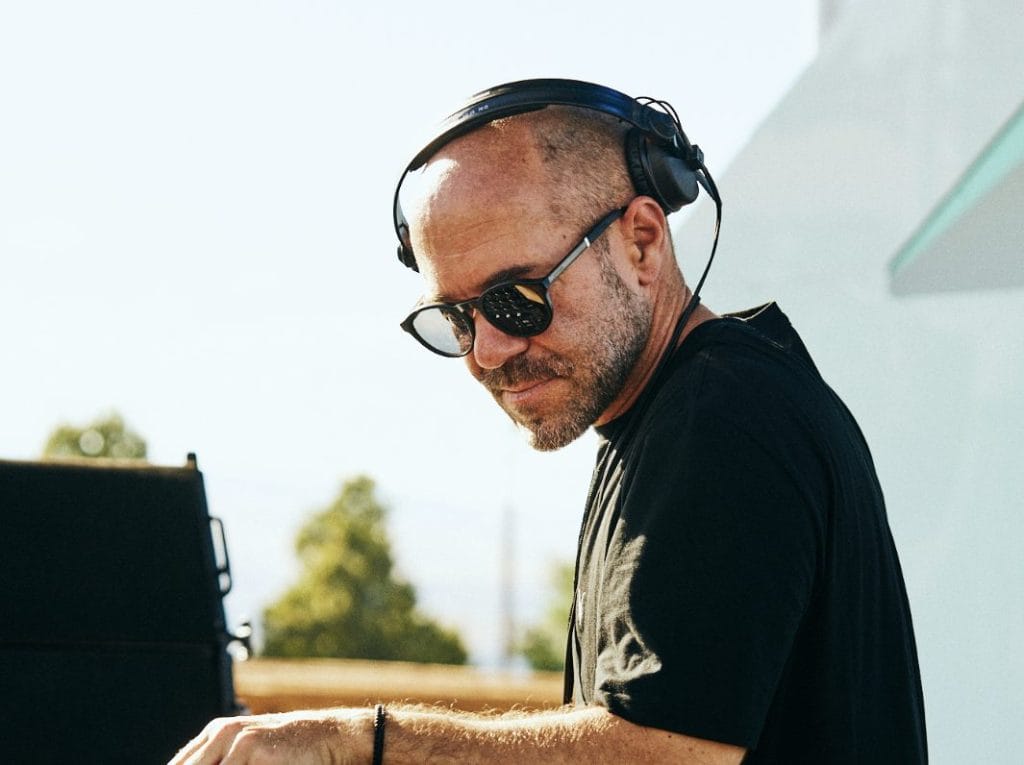
I try to make room for it. Conflict is often a sign that something important is happening — some part of you is evolving, and the old methods no longer work. Rather than pushing through, I pause. Sometimes I step away.
I’ve learned that internal friction is part of the creative rhythm. I understand my moods better nowadays: I won’t let a bad mood or simply weird anticipation of music that day ruin my vibe — I simply wait — a few days later I can be psyched by the same thing I hated the day before.
It’s like dissonance in music — it creates tension, but it can resolve into something powerful if you stay with it. The key is to not let conflict harden into doubt.
But conflict, if handled well, often leads to transformation. Sometimes that means walking away. Sometimes it means committing quickly. I also remind myself that not every track needs to be released. Some things are just for me or a piece — a part of the process.
Has your music ever taught you something about yourself?
Many times. Especially in hindsight. I’ll listen back to something I made years ago and realize I was processing emotions I hadn’t fully understood at the time. Music can be like a diary entry you don’t know you’re writing. It’s also shown me that I crave emotional connection in sound, even in dance music. I’m not just chasing grooves — I’m chasing feeling.
And it’s taught me that I’m at my best creatively when I’m not trying too hard. When I trust the process, when I let go of control, that’s when the magic sneaks in.
That’s a lesson I keep learning — not just in music, but in life.
But to be honest and moving some spiritual thoughts aside: sometimes a great track was just coincidence — some right moves and decisions instead of the wrong ones — stumbling over the right working preset and then having a lucky hand at a quick arrangement. Some might say it is subconsciously driven by talent or all the above … but I am saying it might just have been coincidence.
The post How Martin Roth Reconnects With Childhood Curiosity And Why Mistakes Make the Music appeared first on Magnetic Magazine.



